Powered by
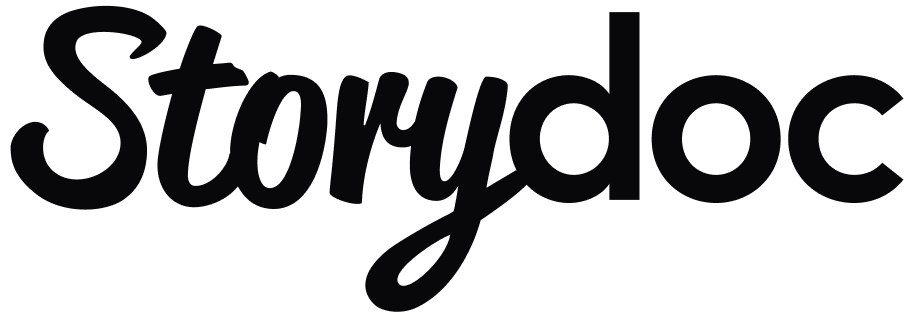

675 Digital Health Companies
Examples of pivots:




SURE Universal provides a secure, personalized, end-to-end IoT home healthcare solution for remote diagnosis, monitoring and telehealth. The company’s platform delivers a complete, standard-compliant IoT software solution that provides system integrators with maximum interoperability and data security. The solution addresses home healthcare, home safety, security, smart homes and entertainment considerations.
Diagnostic Robotics temporary pivoted from a B2B to a B2G model to work directly with governments, helping to predict future COVID-19 outbreaks. The company worked with healthcare providers in Israel and abroad, sending out simple questionaries to the population, and used its AI algorithms to create COVID-19 heat maps for areas ranging from a specific neighborhood to entire cities. Now the company has returned to its core solution: clinical triage and prediction.
Vocalis Health is focused on developing voice analysis-based solutions for the detection of various health conditions. The company has developed a solution for 30-second COVID-19 detection which can be used alongside traditional biological tests. Vocalis Health has conducted pilots in a number of hospitals in the U.S., Israel and India.
Sanolla specializes in infrasound-enabling technology for the detection and monitoring of cardiopulmonary conditions, primarily for chronic patients. The company has developed an additional solution for the early detection of COVID-19.
New companies founded:


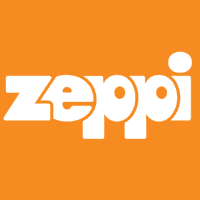
LessTests is a new company launched to focus on COVID-19 tests, offering single-step sample pooling for labs. The company has already received Israel Ministry of Health clearance and started partnerships in Israel and India.
Virusight Diagnostics is the result of a collaboration between NewSight Imaging, which develops sensors for machine vision, and Sheba Hospital. The company is the developer of a COVID-19 screening device that can diagnose COVID-19 in less than one second with 95% accuracy.
Zeppi is a floating robotic home communication device designed to help connect the elderly population with their families and caregivers.
Stability in total funding: fewer, yet larger rounds
Diagnostics
Decision Support
Remote Monitoring
Clinical Workflow
Assistive Devices
Digital Therapeutics
Patient Engagement
Big leap in investments
Diagnostics companies raised $340M, or 44% of the total sector funding in 2020. This subsector stood out as investors were increasingly seeking affordable diagnostics solutions. Despite a high concentration of funding, the solutions were diverse and not limited to COVID-19-related applications.
Notable 2020 Investments (press logo for details):

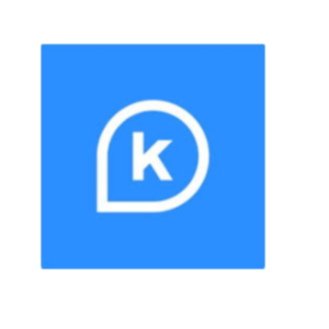

Digital mini x-ray company Nano-X Vision received $105M in numerous rounds and eventually went public on the NASDAQ in August, raising $190M.
Funding, $m and as % of sector total
Companies with solutions related to COVID-19 attracted record-level funding
We identified startups that developed solutions relevant to COVID-19 and its associated effects and grouped them under the label of "CoronaTech".
The median round size of a CoronaTech companies in 2020 was $8M, almost double the median investment in the same companies in 2019, and $5M more compared to non-CoronaTech companies.
This sector includes companies offering a wide variety of direct and indirect solutions for coping with the COVID-19 situation, including vaccine development, drugs and tests; remote monitoring for patients and the general population; tracking and tracing technologies; and solutions dealing with the social and mental aspects of social distancing.
93% of all CoronaTech companies were founded before 2020, meaning that either their existing solutions turned out to be exceptionally relevant to the situation or they pivoted into CoronaTech or added CoronaTech solutions in 2020.
There are currently 293 companies with CoronaTech solutions, including 196 health-related and 137 from the Digital Health sector. Companies from the Digital Health sector are dominated by Decision Support, Diagnostics and Remote Monitoring, which represent 70% of the total.
51% of the companies that reported flourishing due to the situation had a released product, as opposed to the 39% that said they were negatively affected.
61% of startups in the sector that flourished due to the situation either developed an additional solution or pivoted in response to the situation.
61% of the companies that flourished either already have regulatory approval or don’t need it.
Some startups reported that despite having had a negative effect on their current operations, the pandemic has improved healthcare providers’ awareness and attitudes regarding Digital Health tools in general, thereby increasing their potential opportunities.
The leading solutions are heavily focused on technology, and on AI in particular. It has become so dominant that 95% of all funding in the leading subsectors in 2020 was in companies utilizing AI as a core technology.
For the sector as a whole, the share of funding raised by AI companies has grown every year. Many new Digital Health solutions are developed using AI from the beginning, while more mature companies are adding AI components as a next layer to their solutions.
Examples of companies that have added an AI layer:


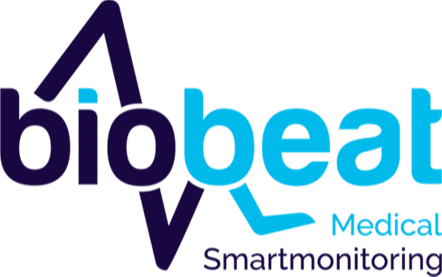
TytoCare has added an AI-based decision support feature for physicians.
Blood diagnostics company MeMed is working on additional capabilities for solutions predicting patient deterioration.
Wearable vital signs monitoring company Biobeat now uses data it has collected in its AI-driven early-warning score system.
Examples of advanced technology in B2C:




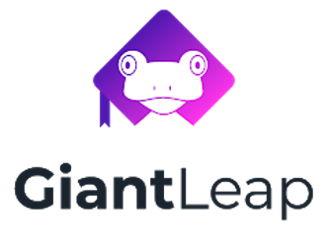
Kai – The AI-based conversational coach launched in late 2019 and progressed well during the COVID-19 era. Originally B2C, the company is now working on a B2B2C model to sell to employers.
XR-Health – This VR-based digital therapeutics company develops a variety of applications ranging from physiotherapy to mental health.
Circles – Provides online support groups using a hybrid model of remote groups led by a real coach/counselor. This hybrid model is an important trend that has strengthened during the pandemic.
Playwork – This IoT physiotherapy company, initially targeting senior housing and rehabilitation facilities, has developed a new version of its product for home use for the direct B2C market.
Giant Leap – The company’s personalized child development assessment platform, initially targeting institutions such as schools, began to see direct interest from end users during the pandemic.